In computer science, a binary search or half-interval search algorithm finds the position of a specified input value (the search “key”) within an array sorted by key value.For binary search, the array should be arranged in ascending or descending order. In each step, the algorithm compares the search key value with the key value of the middle element of the array. If the keys match, then a matching element has been found and its index, or position, is returned. Otherwise, if the search key is less than the middle element’s key, then the algorithm repeats its action on the sub-array to the left of the middle element or, if the search key is greater, on the sub-array to the right. If the remaining array to be searched is empty, then the key cannot be found in the array and a special “not found” indication is returned.
A binary search halves the number of items to check with each iteration, so locating an item (or determining its absence) takes logarithmic time. A binary search is a dichotomic divide and conquer search algorithm.
[nextpage title="Program" ] [message_box title="Program" color="blue"] #include <stdio.h> #include <conio.h> void main() { int c, first, last, middle, n, search, array[100]; clrscr(); printf ("Enter number of elements\n"); scanf ("%d",&n); printf ("Enter %d integers\n", n); for ( c = 0 ; c < n ; c++ ) scanf("%d",&array[c]); printf ("Enter value to find\n"); scanf ("%d",&search); first = 0; last = n - 1; middle = (first+last)/2; while( first <= last ) { if ( array[middle] < search ) first = middle + 1; else if ( array[middle] == search ) { printf ("%d found at location %d.\n", search, middle+1); break; } else last = middle - 1; middle = (first + last)/2; } if ( first > last ) printf ("Not found! %d is not present in the list.\n", search); getch(); } [/message_box] [/nextpage] [nextpage title="Output" ] [message_box title="Output" color="green"] Enter number of elements 6 Enter 6 integer 3 7 13 22 27 33 Enter value to find 27 27 found at location 5.
[/message_box]
[/nextpage]


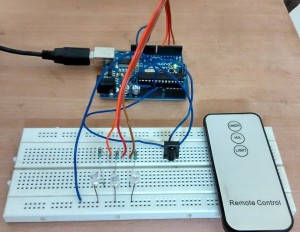

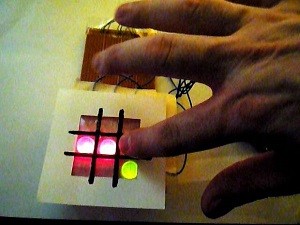
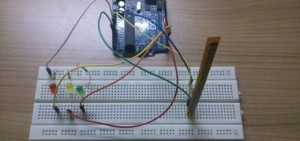
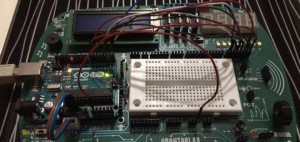
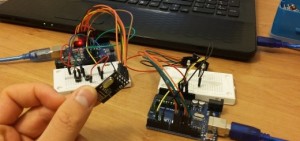
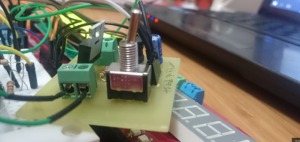
Post Comment
You must be logged in to post a comment.